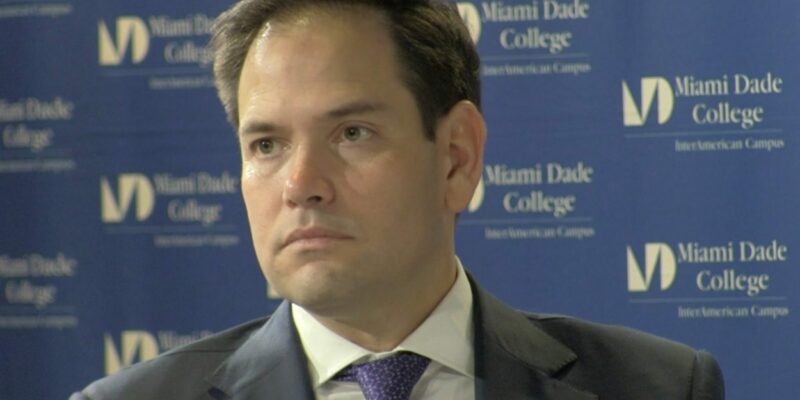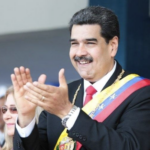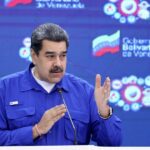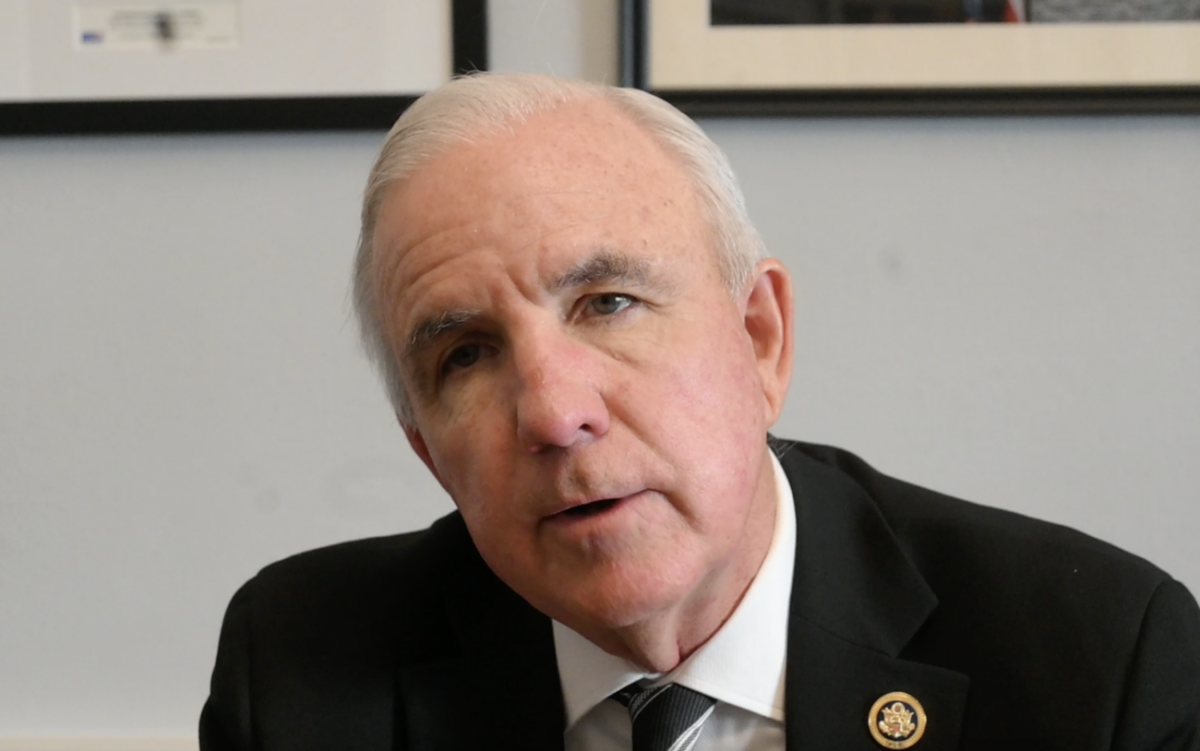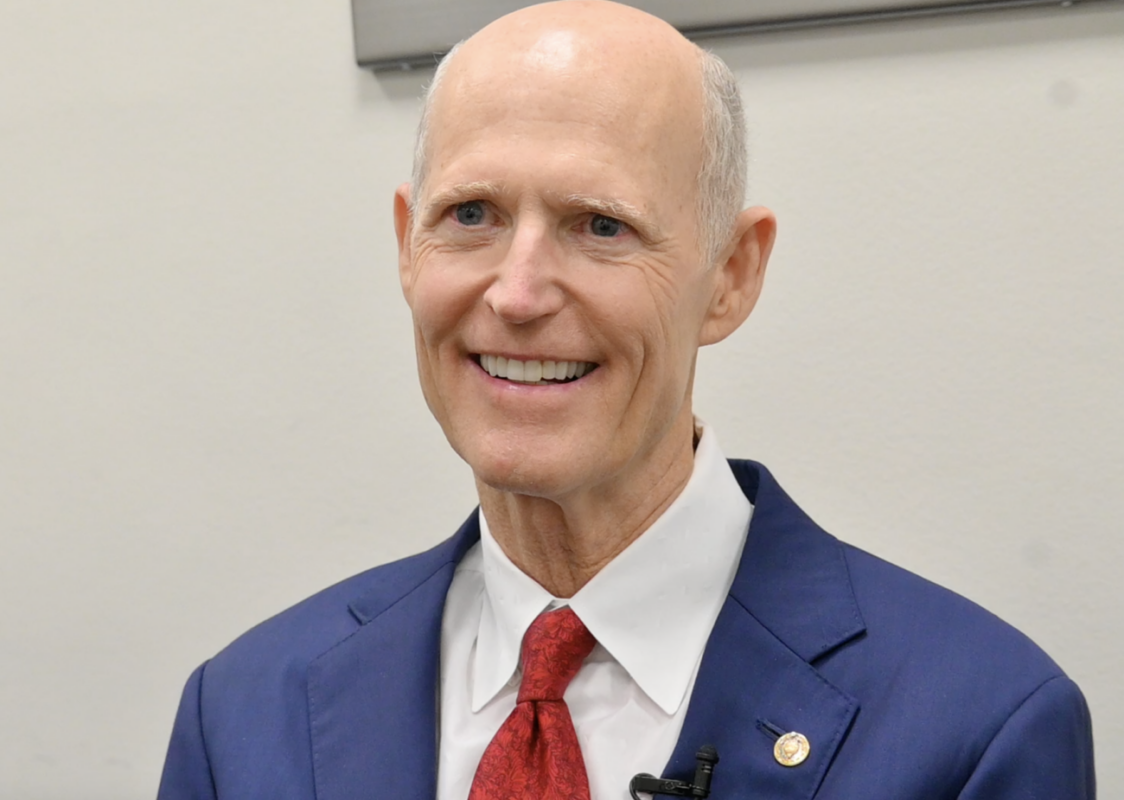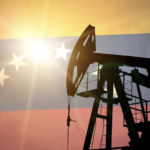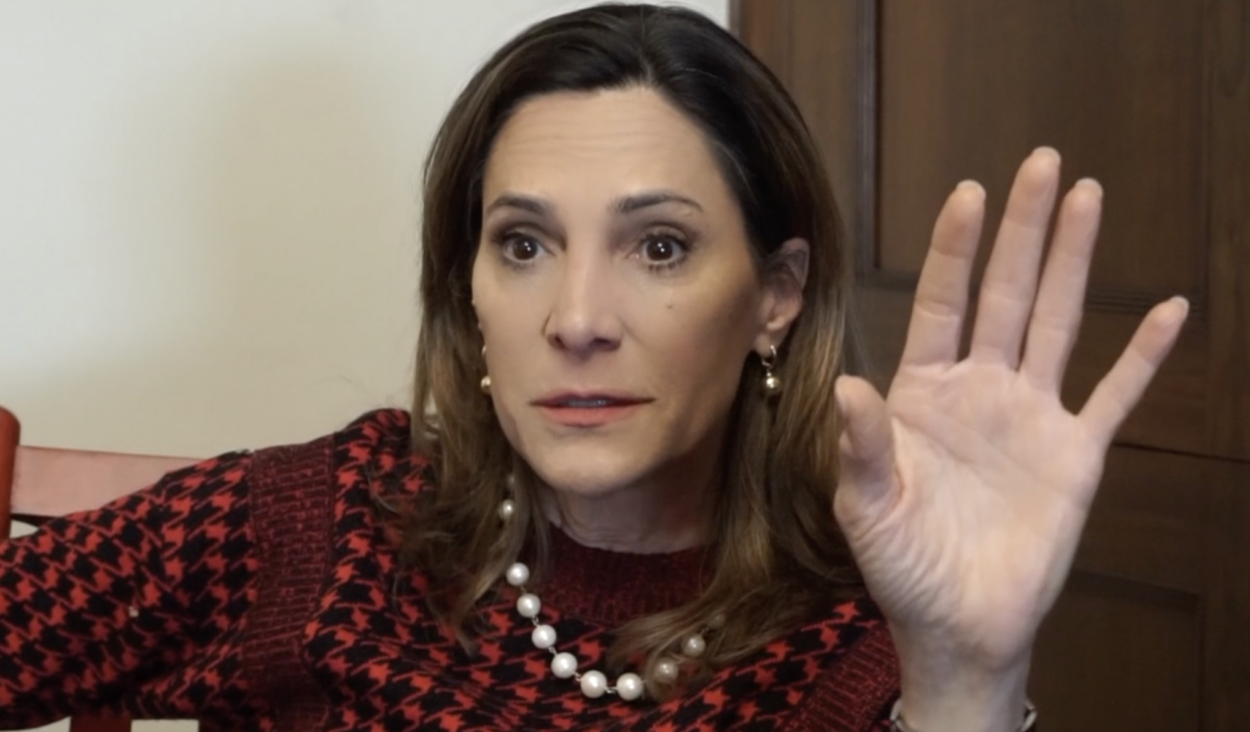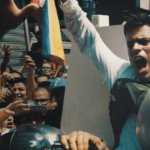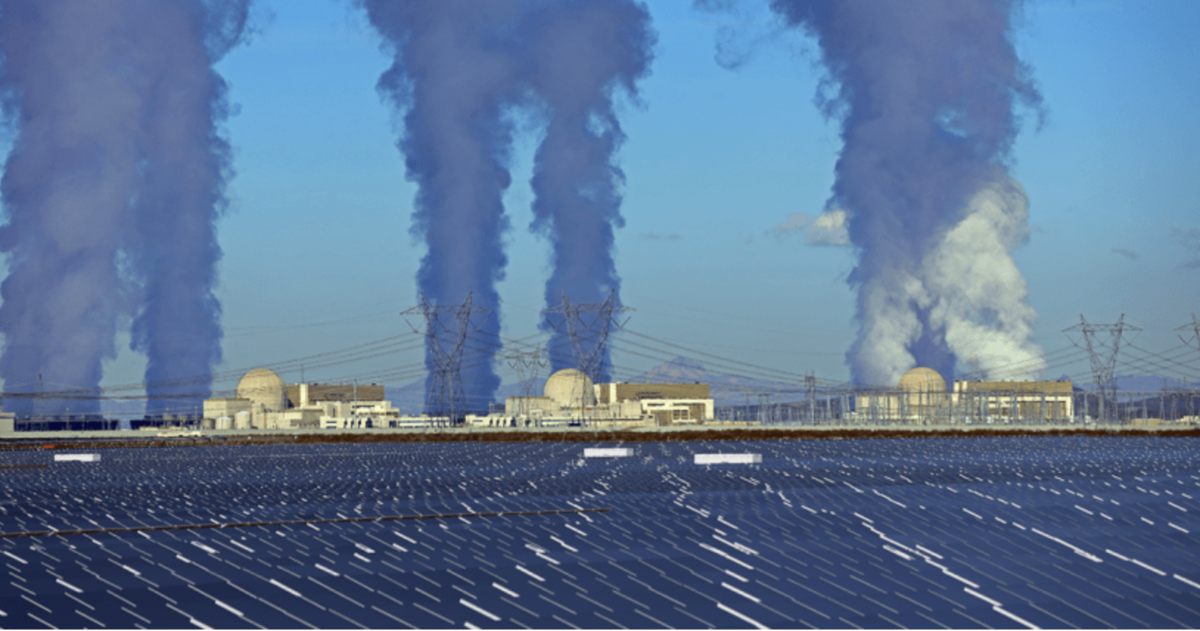By U.S. Senator Marco Rubio (R-FL)
In 1987, the U.S. government launched a massive anti-drug campaign. One of the most memorable ads featured a sizzling egg and the warning, “This is your brain on drugs.”
Back then, Venezuela was one of South America’s richest nations, with vibrant communities and robust foreign investment. Today, Venezuela is in shambles. It offers a warning similar to that of the government’s anti-drug campaign: “This is your country addicted to Communist China.”
Haunting images of Venezuela’s ongoing political crisis — of troops in riot gear brutalizing innocent protestors while young mothers and their children starve to death from manmade food shortages — reveal the catastrophic failure of the country’s Marxist regime. Nicolás Maduro, along with his predecessor Hugo Chávez, turned what was once one of the world’s greatest oil industries into a pitiful shadow of its former self. Their narco-terrorist thugs jailed, murdered, starved, and exiled anyone willing to stand in their way — and continue to do so.
That’s not all, though. When Chávez borrowed over $50 billion from the Chinese Communist Party (CCP) to support his corrupt regime, he signed away the freedom of generations of Venezuelans to come.
Aid from Beijing is a lifeline for Maduro that’s enabled his illegitimate grip on power, despite crippling sanctions and international outrage. However, it came at a steep price. While the U.S. works to protect the rights of the Venezuelan people, the CCP props up Maduro because it sees chaos in Caracas as an opportunity for profit.
Under the guise of helping the regime relieve its massive debt burden, the CCP began exploiting Venezuela’s vast natural resources. In 2020, China received about 324,000 barrels of Venezuela’s crude per day. In 2021, that rate went up by approximately 50 percent — meaning well over half of all Venezuela’s oil exports are now going to Beijing. At today’s average price, that could equal as much as $20 billion a year in revenue for Venezuela, but China pays well below market value.
Beijing takes a similar approach when it comes to Venezuela’s expansive gold supply, extracting millions of dollars’ worth of the precious metal from across the country as payment for Chinese loans. This is not just bullion sitting in banks, but also the fruit of Maduro’s illegal mining scheme, which is devastating South America’s Amazon rainforest.
Maduro’s tie with the CCP is a grotesque relationship that is sucking Venezuela’s economy dry, depriving the country of precious resources, and contributing to the devastation of the environment. And it is doing absolutely nothing to help the people of Venezuela. On the contrary, Beijing is actively amplifying their oppression, modifying Maduro’s “fatherland card” system to recreate China’s Orwellian social credit regime.
This stands as a lesson to all who still stand unbothered by Beijing’s growing power, influence, and underhanded investment strategies. It is easy for Wall Street investors and nationless corporations to excuse the CCP’s authoritarianism when they live under the protection of the U.S. government. But the case of Venezuela makes it painfully obvious that Beijing is not simply a “strict parent,” as Ray Dalio claims. Like Maduro and his mercenaries, the CCP is a parasite that sustains itself through the exploitation and oppression of others, including the Chinese people.
If the CCP succeeds in supplanting the U.S. as the world’s dominant power and remaking the global order in its image — goals Beijing has long held and is now acting upon — we will see many more Venezuelas. That is not a world anyone should want to live in. It’s why it’s critical that a free and prosperous United States continue to counter the destabilizing influence of authoritarian regimes in the Western Hemisphere and around the globe.
Senator Marco Rubio is a member of the Senate Foreign Relations Committee, Ranking Member of the Subcommittee on Western Hemisphere, Transnational Crime, Civilian Security, Democracy, Human Rights, and Global Women’s Issue, and is Vice Chairman of the Senate Select Committee on Intelligence, and a member of the Senate Appropriations Committee.

